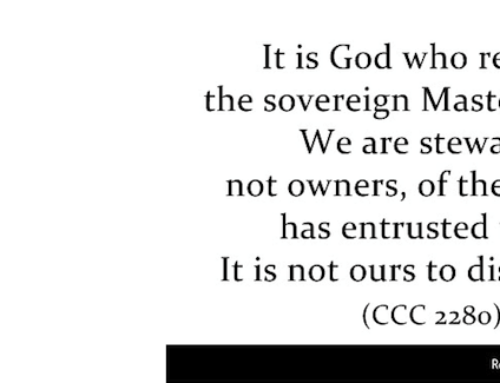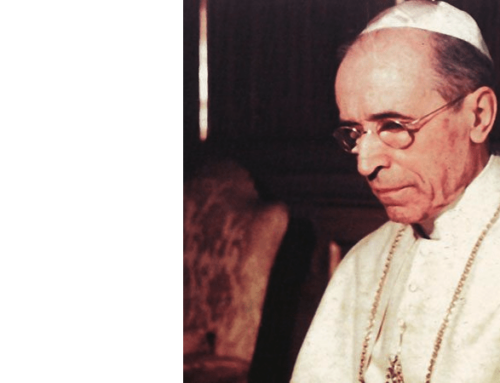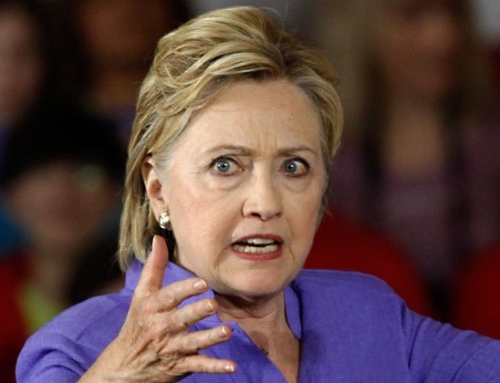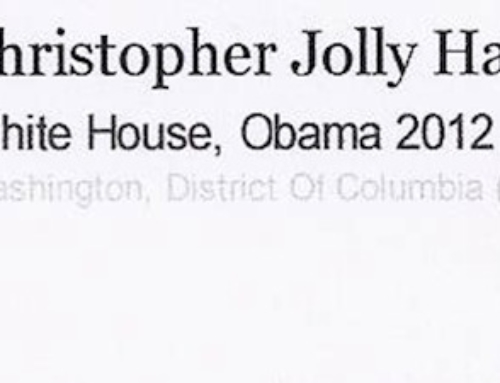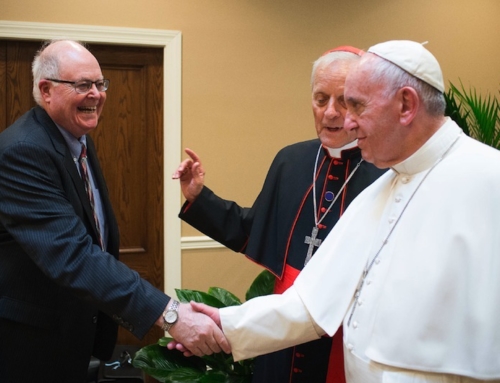by William Doino, Jr.
(Catalyst 9/2005)
Every day, the secular media bombards us with the idea that the Catholic Church is a backward, repressive institution, unfair to its own members and prejudiced against those outside its communion. Is it any wonder that so many Jews, and other non-Catholics—not to mention “anti-Catholic Catholics” ignorant of their own faith—have a distorted or incomplete understanding of Catholicism? Anti-Catholicism so saturates the media that even the Jerusalem Post, trying to correct the record, got its story wrong: there have been no fundamental “changes” in Catholic theology regarding Jews because Catholic teaching against anti-Semitism was not introduced at Vatican II, but merely developed (with the assistance of the Holy Spirit), and applied more conscientiously to the modern world.
That John Paul II increased the warmth and trust between the two communities is undeniable; but that John Paul II began the rapproachmont between the Catholic and Jewish communities—as if everything up to his pontificate was something to regret—is a myth, which he himself would rebel against, were he still alive to refute it.
Fortunately there are many Catholics and Jews who have dedicated their lives to trying to set the historical record straight. One man in that mold is Rabbi and historian David Dalin, who first came to the attention of Catholics when he published a much-discussed essay on Pius XII and the Jews in the influential Weekly Standard (Februray 26, 2001). In it, he staked out his position in defense of Pius XII, and argued that many of the wartime pope’s critics—particularly embittered, dissenting Catholics—were not really interested in the tragedy of the Jewish people but merely sought to exploit it for their own anti-papal agenda. “Jews, whatever their feelings about the Catholic Church,” he wrote, “have a duty to reject any attempt to usurp the Holocaust and use it for partisan purposes.” That remarkable essay was re-published in the important anthology Dalin co-edited, The Pius War: Responses to the Critics of Pius XII (See,”Why We Published The Pius War,” in Catalyst, April, 2005, pp. 8-9).
Even before he came to the attention of the wider Catholic community, Dalin was known as an exacting scholar of Judaism, having already authored several important books, and written for such journals asCommentary, Conservative Judaism and American Jewish History. His knowledge of Catholicism and Catholic-Jewish history is no less impressive. And unlike so many who delve into this complicated area, Dalin has impeccable credentials: he received his B.A. degree from the University of California at Berkley, where he was elected to Phi Beta Kappa. He received his M.A. and Ph.D from Brandeis University, and his Rabbinic Ordination from the Jewish Theological Seminary in America. Dalin, in other words, is an authority on this subject, not an amateur making stray and superficial comments.
Because of his body of work and reputation, Rabbi Dalin is a much sought-after speaker and lecturer, and now teaches at Ave Maria University in Naples, Florida, where he is a Professor of history and political science.
In his new book, The Myth of Hitler’s Pope, Dalin directly refutes the thesis of John Cornwell’s notorious book, Hitler’s Pope. He uses the occasion to explore the whole history of Catholic-Jewish relations, and compares them to Jewish-Muslim relations, which are at the heart of current geopolitical debates today.
The Myth of Hitler’s Pope covers three areas of concern for Catholics and Jews. The first, of course, is the life and record of Eugenio Pacelli, who served as Pope Pius XII during the Second World War and beginning of the Cold War. Against the polemicists and mythmakers of our time, Rabbi Dalin demonstrates the humanity, courage and charity of Pius XII, both before and after he became pope.
At every stage of his life, Dalin argues, Pacelli was an outspoken foe of every aspect of Nazism. With careful documentation, much of it new, from recently released archives, Dalin proves that Pacelli, did, in fact “speak out” against anti-Semitism, racism, warmongering and the atrocities of the Holocaust. His record as papal nuncio in Germany (1917-1929), as well as when he was Cardinal Secretary of State to Pius XI (1930-1939), is quite impressive. This is true notwithstanding the much-maligned 1933 Concordat between the Holy See and Germany, which Pacelli negotiated (on behalf of Pius XI) to protect the Church’s freedom against the onslaught of the Nazis. (By doing so, he preserved at least some mobility for the Church to protect persecuted Catholics and Jews.) As pope himself, from 1939-1958, Pius XII was the architect of the Catholic Church’s world-wide rescue efforts during the Holocaust, going to great lengths to protect Europe’s persecuted Jewish community.
One of the most important parts of Rabbi Dalin’s book is where he demolishes the claim that Pius XII was uninvolved in these rescue efforts, as if all Catholic rescue was spontaneous and independent of the pope. In fact, as Dalin proves, Pius XII gave direct orders and explicit instructions to his subordinates to rescue Jews; the result was that countless numbers of them were saved from Hitler’s death camps. This was recognized at the time, after the War, and after Pius XII’s death, by almost all major Jewish leaders and organizations. Dalin rightly criticizes those who attempt to diminish or explain away these powerful testimonials on behalf of Pius. Contemporary scholars like Sir Martin Gilbert, whom Dalin cites as a renowned authority, estimate that the wartime Church, under Pius XII’s leadership, saved “hundreds of thousands of Jewish lives.”
The second subject concerns a little known figure—Hajj Amin al-Husseini, the grand mufti of Jerusalem; according to Dalin’s research, he played a significant role in Hitler’s Third Reich. Al-Husseini was one of the fathers of today’s radical Muslim extremists and, therefore, a notorious anti-Semite who sanctioned Hitler’s policies against the Jews. And Husseini did this, openly and publicly, at the very time that Pius XII was rescuing Jews in Rome and elsewhere. The story Dalin tells about this pro-Nazi cleric—who became a hero to Yasser Arafat, and whose theories are at the root of modern-day terrorism—is truly astonishing: he juxtaposes the actions of the two men, and chastises anti-Pius ideologues for ignoring al-Husseini’s appalling record, while defaming a good and noble pope.
Writes Dalin:
“One of the most damaging side effects of the myth of Hitler’s pope is that it perpetuates the myth that the Catholic Church, rather than radical Islam, has been and remains the preeminent source of anti-Semitism in the modern world….Today, sixty years after the Holocaust, the wartime career and historical significance of Hitler’s mufti…should be better remembered and understood. The ‘most dangerous’ cleric in modern history, to use John Cornwell’s phrase, was not Pope Pius XII but Hajj Amin al-Husseini, whose anti-Jewish Islamic fundamentalism was as dangerous in World War II as it is today. While in Berlin, al-Husseini met privately with Hitler on numerous occasions, and called publicly—and repeatedly—for the destruction of European Jewry. The grand mufti was the Nazi collaborator par excellence. ‘Hitler’s Mufti’ is truth. ‘Hitler’s pope’ is myth.”
The final and perhaps most important theme of Dalin’s book is the strength of Catholic-Jewish relations—not just today, but throughout the ages. For a number of years, numerous commentators—many of them Catholics, alas—have depicted the history of Catholic-Jewish relations as one long trail of tears. But while it is true that there have been difficult chapters in this relationship, it is also true that a philo-Semitic or pro-Jewish tradition has always existed in the Church—and it didn’t begin at Vatican II. Employing all his skills as an historian, and without whitewashing any particular act of injustice, Dalin recounts how, with few exceptions, pope after pope, from ancient times to the present, raised a helping hand for the Jewish community:
“The historical fact is that popes have often spoken out in defense of the Jews, have protected them during times of persecution and pogroms, and have protected their right to worship freely in their synagogues. Popes have traditionally defended Jews from wild anti-Semitic allegations. Popes regularly condemned anti-Semites who sought to incite violence against Jews. Popes employed Jewish physicians in the Vatican and counted Jews among their personal confidants and friends. You won’t find these facts in the liberal attack books, but they are true.”
Noting that many of Pius XII’s detractors also assailed Mel Gibson’s masterful “Passion of the Christ,” Dalin concludes his book with the observation that secularist idealogues who attack Pius XII—or John Paul II or Benedict XVI—are really engaged in the larger cultural war, against the Judeo-Christian values they represent. Rabbi Dalin calls upon both Jews and Catholics committed to their respective faiths to wake up, recognize what is going on, and fight back. As a first step, he proposes that Pope Pius XII be formally recognized as a “Righteous Gentile” by the state of Israel, as it has recognized other heroes who rescued Jews during the Holocaust.
That proposal may shock those committed to the myth of “Hitler’s Pope,” because of ignorance or prejudice, but if they read this book, they may well change their mind and agree with Dalin’s informed and heartfelt judgment. May Israel one day so recognize Pius XII; may the Vatican beatify and canonize him; and may Rabbi Dalin, a courageous and prophetic figure for our cynical age, live long enough to see both occur.
William Doino Jr. is a Catholic author and commentator. A contributing editor to Inside the Vatican, he has been published in such journals asNational Review, Modern Age, and Crisis, and is now researching and writing a book on the Vatican’s role during the Second World War.


